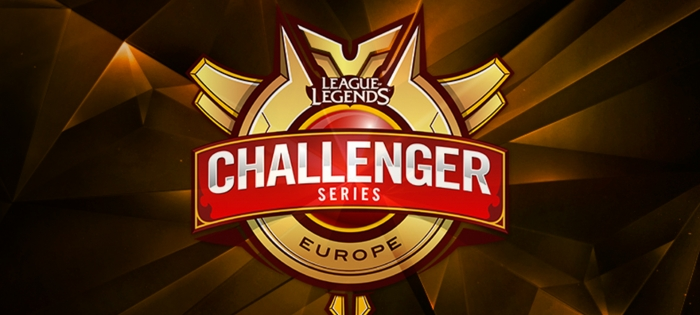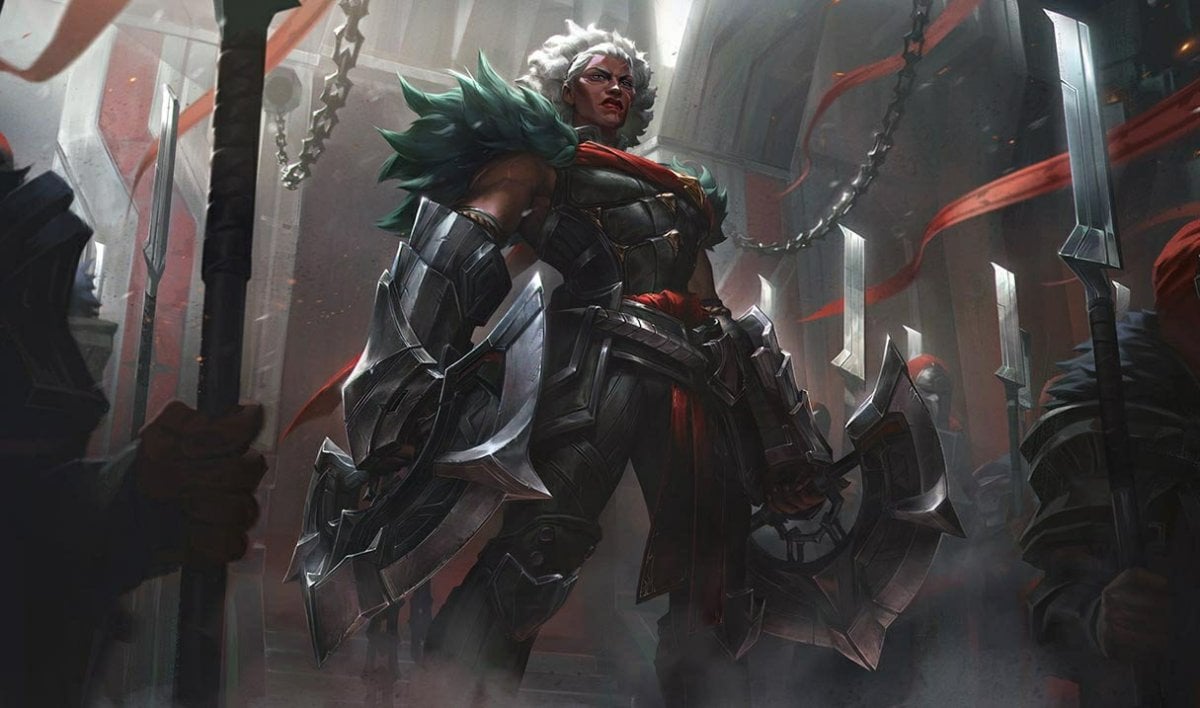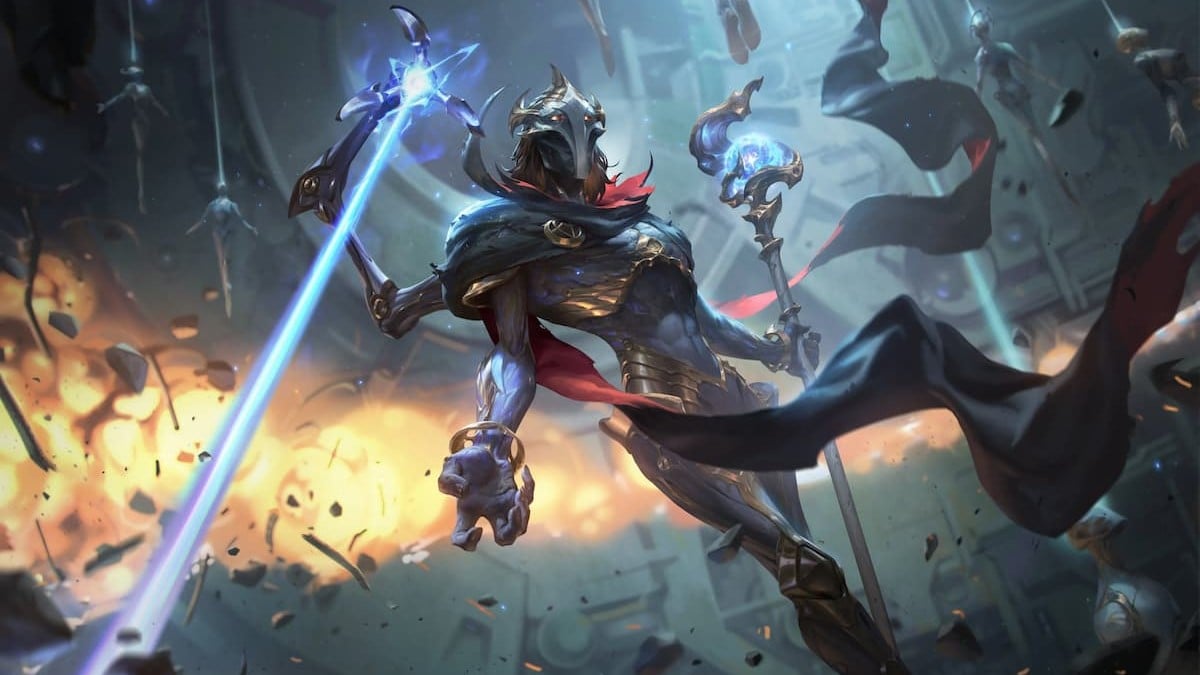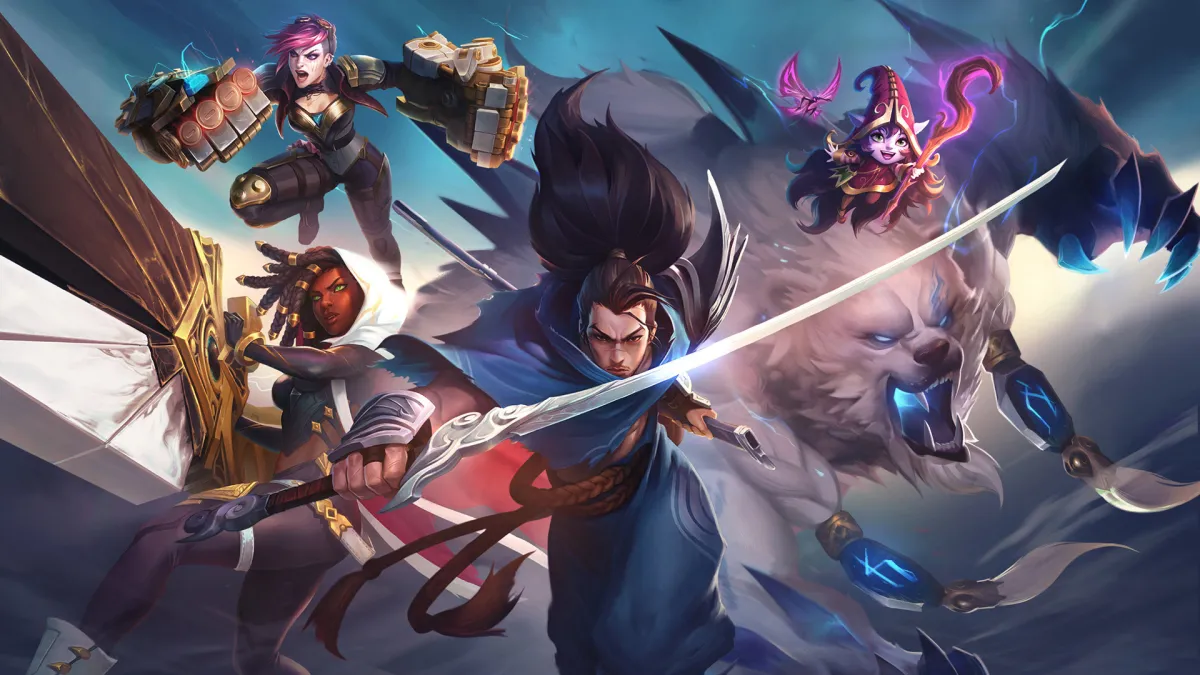It’s plain to see that that the League of Legends Challenger Series (the amateur scene for those not in the know) has come a long way since the inception of Riot Games’ League of Legends Championship Series. Making huge strides each year, we’ve seen it go from the wild west of unknown tournaments to more of a proper minor league format, with some teams even having better resources than their LCS counterparts. But what direction is it taking and what is the optimal end result for it?
The Challenger Series always seemed to be an attempt to create an actual separate league of its own, although by design, weaker than the actual LCS. This is apparent through Riot’s league structure: the best Challenger teams move on to the LCS while the weakest LCS teams fall down to the Challenger series. The best comparison that one can draw would be to that of some European football leagues, who also use the same relegation system. In many people’s eyes, this is the best way to ensure that the LCS remains as competitive as possible and prevents poorly run organizations from retaining their position long after they should.
What are the drawbacks of a relegation focused system?
The most apparent is the lack of proper farm teams for organizations that already take part in the LCS. Although some teams have done it in the past (notable examples being CLG Black, Team Liquid Academy, and C9 Tempest) having farm teams hasn’t necessarily worked out. The biggest roadblock to allowing organizations from safely developing new talent for the future is the aforementioned relegation style. Why would a team bother investing all they can into a Challenger team if they are going to be forced to sell it once it does succeed? Sure, a team can make quite a bit of money from these sales (such as with Dignitas EU), but as more and more teams become owned by venture capitalists and millionaires, the money that can be earned from these sales become next to nothing for them. Do millionaires such as Rick Fox, the new owner of team “Echo Fox”, really care about the possible sale? Although it could be argued that as more and more of these people want to get into the scene the price for the spot will be driven up, but if the relegation system continues it would still be cheaper for them to build a Challenger team with stacked talent and get into the LCS the traditional way.
Another drawback of the current structure is that it is still possible for the best Challenger team to be weaker than the auto-relegated LCS team, however, the recent improvement of Challenger Scene structure seems to point to this going away.

What would be an appropriate replacement for the current structure?
The LCS isn’t in a situation where it can freeze membership as the league is owned by Riot Games. In most traditional sports leagues, such as the National Hockey League, the league is collectively owned and managed by the team owners while player interests are protected by the player’s union. This ensures that the league is operating in ways that are beneficial to all parties, and if it isn’t, the league doesn’t run (such as the 04-05 NHL lockout). The LCS, however, has a third party (Riot Games) that makes all the decisions with input from the players and teams, but at the end of the day, a business will typically just do what is in their best interest. As the team’s themselves don’t own the league, they can’t freeze the moving of new organizations in and out of it. What would work instead?
An interesting solution would essentially be a third, substitute league. Teams that owned an LCS spot would be required to field a second team that would compete in a lower league. It would effectively work the same way as Team Liquid’s new roster. The organization recently revealed that they would field a 10 man LCS roster, with those who sit on the bench for the LCS playing for the team’s Challenger Series squad. The important distinction, however, is that in this third league there would be no promotion/relegation and they would continue as the substitute squad until their parent team was relegated from the LCS.
There are obvious problems with this style too, however. The biggest being the financial burden that a second team would put on the organization, as smaller orgs wouldn’t be able to fund them adequately and the bigger ones simply might not want to. One might think the solution is to allow teams to opt out, but if only 3 or 4 choose to field teams it would clearly be an unproductive venture. Another problem would be the player count required to fill all three leagues. Some might wonder if either region has enough talent to do so. But, as we see more and more international players moving into LCS regions and local talent getting pushed to the side (specifically North America), it’s clear that there are many competent players who are looking for somewhere to compete.
Will players want to play on the secondary squad?
Finally, this league would raise the question of whether or not players would even want to play on these teams. Why spend your time sitting on the bench when you could be playing in the Challenger Series with a possibly better shot at the LCS, playing against players that are just as likely to help you develop your skills? There is a good answer to this question, though. Playing in the substitute league could easily award you with a starting position on an LCS team either through proving your worth in scrims or through a swap out system as we’ve seen in Korea and China, the most famous example being SKT T1’s use of two mid laners. It would also provide, possibly, a Challenger level player with the better support staff and, therefore, a higher chance of improving and making their way into the big leagues.
The existence of a substitute league, along with maintaining the already existing relegation/promotion Challenger series, could be a chance for the LCS to provide organizations with the much-needed development of players. Although it has its flaws, it’s just one way to look towards the future of some of the largest and most developed esports leagues in the world. Hopefully, whatever path the Challenger scene is taking, it will lead to the most optimal structure for the future of League of Legends and esports as a whole.
What route do you think the LCS and its farm leagues should take? Let us know in the comments below and remember to follow eSports Guru for all your competitive gaming needs!






Published: Jan 5, 2016 03:21 pm